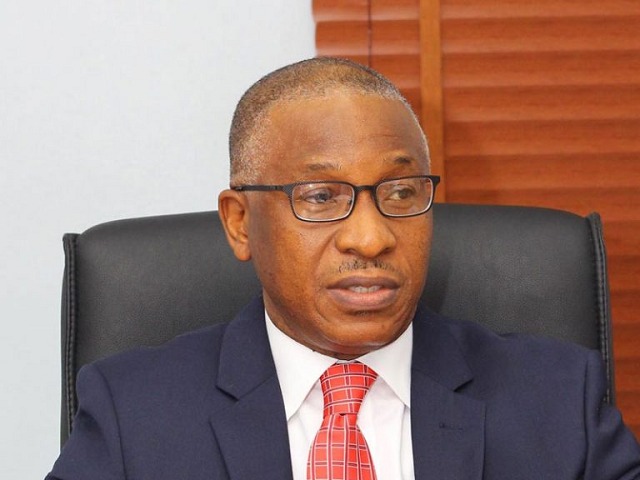The Director General of the Bureau of Public Enterprises (BPE), Mr. Alex Okoh, has said that the privatisation process has freed up over $3 billion that was hitherto consumed by public enterprises (PEs) annually in terms of subventions, waivers, and unpaid taxes, among others.
Speaking at a dinner/award night in commemoration of the 30th anniversary of the reform, commercialisation and privatisation in Nigeria, which held in Abuja recently, Okoh maintained that the programme was not designed to share the country’s national assets to a few rich people as erroneously believed.
A statement by BPE’s Head, Public Communications, Amina Tukur Othman, said Okoh noted that in the execution of its mandate, the agency is reforming and privatising for the benefit of Nigeria’s economic recovery and the social wellbeing of her citizens.
He said: “We are not replacing public monopolies with private monopolies. Rather, in our determination to be unyielding and uncompromising in the pursuit of the best interest of this country, we are removing the financial burden which these enterprises constitute on the public purse and releasing resources for the essential functions of government.
“This essentially is the mandate given to BPE, to pursue this vision, thereby contributing to the socio-economic development of Nigeria.”
According to him, the privatisation process has freed up over $3 billion, hitherto consumed by public enterprises (PEs) annually in terms of subventions, waivers, and unpaid taxes among others.
“The private sector has thus been positioned through these reforms to become the engine room of economic activities and infrastructural development, while government is being released to focus on governance and creating an enabling environment for business to thrive,” he added.
He said: “A less known but very important aspect of the BPE programme with far-reaching impact has been the reform of sectors to provide the enabling environment for the private sector to thrive.”
The Bureau, he added, has initiated and executed far-reaching reforms in telecommunications, pensions, sea ports, debt management, solid minerals, and most recently, the power sector reform that led to the successful unbundling, privatisation and in some cases, concessioning of the successor companies created out of the Power Holding Company of Nigeria (PHCN).
Okoh disclosed that at present, the programme consists of reform, commercialisation and privatisation in various sectors of the economy including aviation, development finance, postal sector, downstream oil and gas, and a host of other initiatives.
“It also consists of major infrastructure areas like roads, railways, airports, national inland waterways and the special economic or free-trade zones,” he said.
Seen.Very interesting, thanks for sharing.Mail received.













